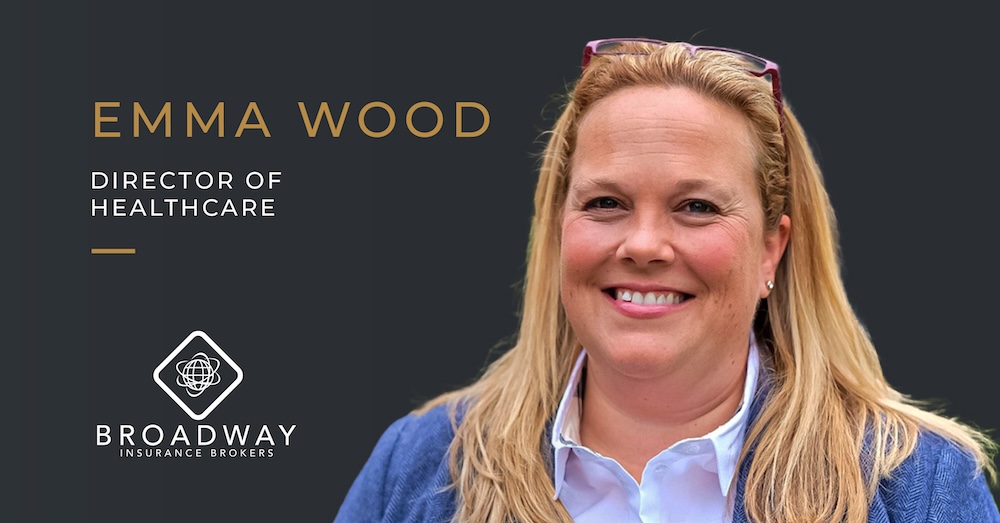We live in a mobile age.
I don’t just say that in relation to the power of and our reliance on the devices in our pockets for work and pleasure.
More than ever before, it’s possible for people to move almost where they want to pursue their careers and experience different cultures.
That is, of course, not the case for everyone or everywhere.
Two years after Brexit, for instance, the UK’s workforce had shrunk by one per cent as many European staff returned to their countries of origin when employment rules were reformed.
Even allowing for such major events, the desire and technological ability to work remotely has meant that political change doesn’t necessarily have to be a barrier to employment prospects.
In fact, local knowledge, language skills and proximity to suppliers continue to be an immense asset.
After all, tens of thousands of UK-based businesses are foreign owned, while the value of overseas trade to the UK economy was £76.3 billion in February this year alone.
The shift from offices to working from home – even, in some circumstances, when that home is overseas – was accelerated by the Covid-19 pandemic.
One study suggested that the number of individuals working from home had increased six-fold between 2019 and year following the end of lockdown.
Coronavirus demonstrated all too clearly that mobility comes at a price – and carries a potential threat – but the importance of maintaining health which it underlined is not solely due to disease transmission.
Just as working arrangements have evolved, so too has the premium – if you pardon the pun – placed on private medical insurance (PMI) at all levels of even relatively small corporations.
It is something which we at Broadway have been very much aware on a daily basis from our conversations with clients.
A two-day PMI summit last week organised by Health and Protection magazine, and attended by myself and Broadway’s CEO, Daniel Lloyd-John, made clear that our experience is shared by many industry peers.
Whereas PMI was once considered the preserve of executives or the kind of inducement which might entice sought-after employees to move between rival companies, it is now a more routine but still critical element of a job package.
One recent survey suggested that more than half of UK employees want access to PMI via their workplace.
That has fuelled a surge in employers seeking to put cover in place. Research has found that the UK domestic market has grown by £385 million in just 12 months, principally because of concerns about the performance of the NHS.
We have also seen remarkable growth in the number of corporate clients of all sizes – ranging from micro-SMEs to multi-national organisations and across a wide range of business sectors – taking out international PMI policies.
Even though reliable and comprehensive data is hard to come by because of the very nature of the cover, our anecdotal experience has echoes in that of many of our industry peers.
It is not just because employees are becoming more demanding when it comes to their pay and conditions, although there is a great deal of truth in that.
There is also a realisation that staff being posted to unfamiliar territories aren’t just preoccupied by thoughts of job security but the security in health terms of themselves and their families.
Whilst the number of individual cases awaiting NHS treatment remains stubbornly around the 7.5 million mark, patients do know the extent of the problem in the UK.
If they need healthcare overseas, they may not have – or necessarily want – details of how long the waiting list is wherever they are. They simply want to have their medical problems resolved.
The issue is somewhat of an unavoidable consideration for employers with operations stretching beyond the UK but many appreciate that they face the dilemma of what to do and how.
International PMI is generally more expensive than the domestic variety but often comes with greater benefits, including treatments of a type and costs beyond the reach of the NHS.
Knowing the market is important, as is the ability to tailor policies to suit particular territories and requirements.
That is as true for private citizens as it is for business.
Equally, the imperative of making contingencies for all eventualities is arguably only going to increase.
In addition to the trips, slips and medical misfortunes which can befall any of us, we cannot discount the possibility of future global health concerns, as current anxieties about a new strain of bird ‘flu have illustrated in the last few weeks.
Our lives in and out of work are now more international. It makes sense, therefore, that our insurance policies are as broad as our horizons.

